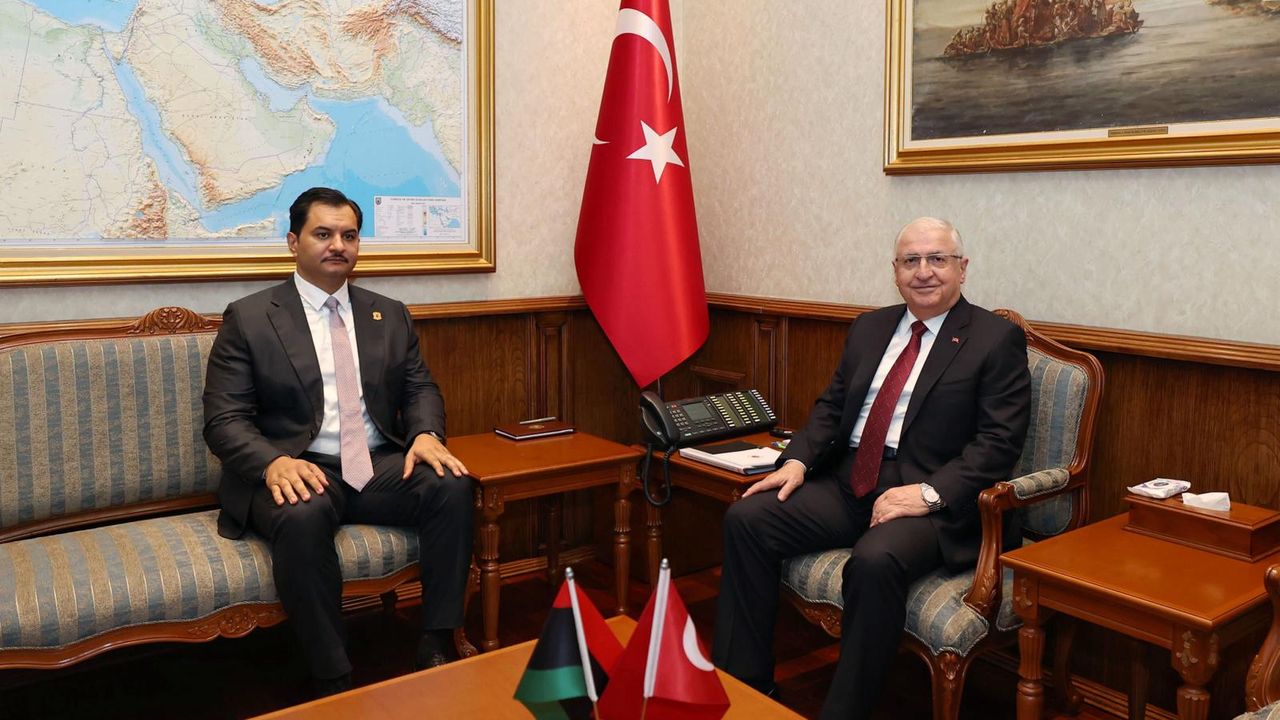Sudan’s military junta picks UN diplomat as new Prime Minister

Under growing international scrutiny, Sudan’s military junta has appointed a former UN official to fill the long-vacant role of Prime Minister. As factionalism festers amid an unrelenting civil war, the move might be a gambit for international support.
The role has been vacant since early 2022 when former Prime Minister, Abdalla Hamdok, resigned following mass protests against his decision to share power with the military.
The power vacuum he left worsened when a civil war erupted in 2023 and plunged the country into anarchy.
Idris assumes power as the al-Burhan’s-led military (SAF) and the paramilitary Rapid Support Forces (RSF) remain locked in a brutal power struggle. The conflict has caused a human rights catastrophe of seismic proportions. Modest estimates say tens of thousands have been killed, and more than 12 million have been displaced.
As a veteran politician with a PhD in international law from the Graduate Institute of International Studies in Geneva, Idris’ appointment has been, for some, a pivotal shift toward institutional rule. The African Union called it “a step toward inclusive governance” and expressed hope that Idris could “restore constitutional order and democratic governance in Sudan”.
The move comes amid increasing international pressure. The US announced on May 22 that it would impose sanctions on Sudan after discovering that the SAF had used chemical weapons while fighting the RSF. While the SAF categorically denied the accusations, they signaled that international scrutiny might finally be catchingafter years of egregious war conduct has gone unchecked.
By filling the ministerial void, al-Burhan might be trying to project an image of a functioning government to the international community. Idris’ appointment could unlock much-needed foreign aid and diplomatic legitimation, currently withheld due to the army’s grip on power.
It is also a stern rebuff of the RSF’s latest attempts to create its own parallel authority. In April, the RSF announced it would form a rival administration shortly after signing a charter with allies in Kenya’s Nairobi.
“We proudly declare the establishment of the Government of Peace and Unity, a broad coalition that reflects the true face of Sudan,” RSF commander Mohamed Hamdan Dagalo, also known as Hemedti, said in a statement posted on Telegram.
While details of the plan are unclear, the SAF’s move is preemptive, positioning it as the central power in Sudan.
Middle East Monitor/ Maghrebi
Want to chase the pulse of North Africa?
Subscribe to receive our FREE weekly PDF magazine












